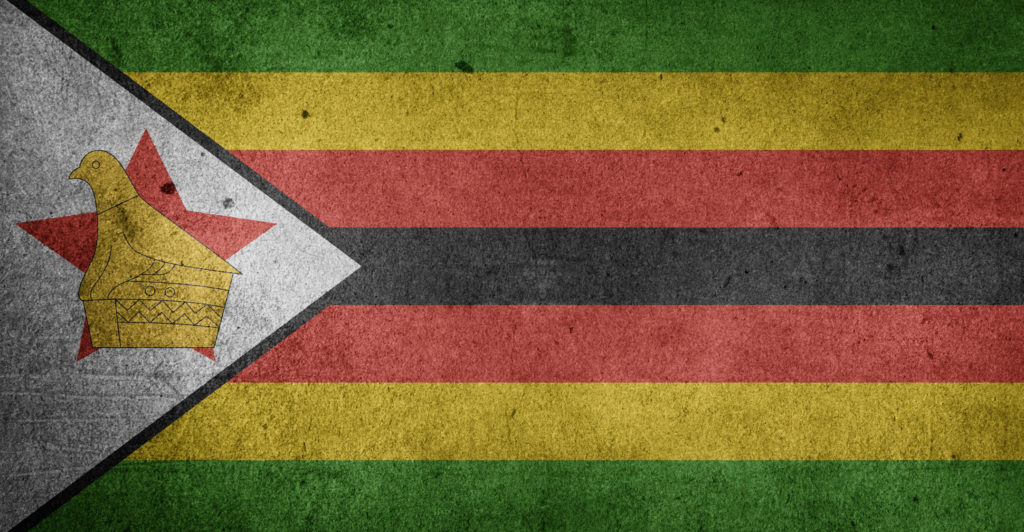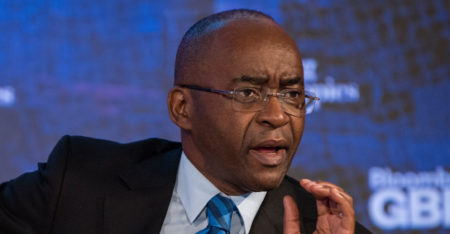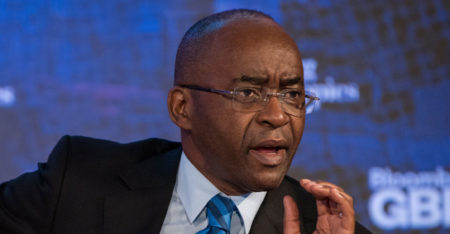 Zimbabwe will allow mobile money agents, once blamed for fuelling the collapse of the now-defunct Zimbabwean dollar, to operate again to boost the use of its new gold-backed currency.
Zimbabwe will allow mobile money agents, once blamed for fuelling the collapse of the now-defunct Zimbabwean dollar, to operate again to boost the use of its new gold-backed currency.
Econet Wireless Zimbabwe, founded by tycoon Strive Masiyiwa, state-owned NetOne and Telecel’s agents will be allowed to start operating in the coming weeks to increase the use of the ZiG and curb the unofficial market, according to a proposal by Zimbabwe’s treasury.
Introduced on 5 April, the ZiG, short for Zimbabwe Gold, is the nation’s sixth attempt at a stable local currency in 15 years. It replaced the Zimbabwean dollar, whose value had plummeted 80% against the greenback this year.
The agents, who number thousands, were banned from operating in July 2020 after those working for Econet’s Ecocash, the largest mobile operator, were accused of charging premiums on transactions. Their actions were blamed for driving one of several collapses in the Zimbabwean dollar. The company has previously denied any wrongdoing.
The agents will act as a bureaux de change and help the public access small amounts of foreign currency for everyday use, Kuda Mnangagwa, the deputy finance minister, said.
“This means if you have an Econet line and if you register for Ecocash, you can convert from ZiG to US dollars or from US dollars to ZiG at the official exchange rate,” he told lawmakers in parliament last week. “That is the first part to allow interchangeability without having to go to the streets.”
An Econet spokesman didn’t immediately respond to an emailed request for comment.
Arrests
The move adds to steps by the Southern African nation to eliminate street market traders, who it accuses of contributing to its previous currency crisis.
At least 100 street traders across the country have been arrested, according to the National Prosecuting Authority of Zimbabwe, mostly in the capital, Harare.
“Police are arresting every day. We are relying on using WhatsApp with our clients,” said Drew Moyo, a street market dealer on Monday who has stopped operating from Harare’s CBD. “If you want to get arrested, try to trade in the streets.”
A dollar was trading at 17 ZiGs on the streets of Harare, he said. That compares with 13.48 on the official market, according to central bank data. — (c) 2024 Bloomberg LP




